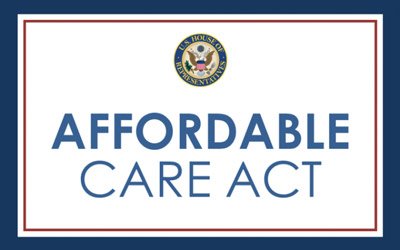UnitedHealthcare (UHC) is testing a no-cost primary care model to see if it equates to greater use of preventive care and, ultimately, lower costs for the company. It farmed out the program to Harken Health, which gives members unlimited no-fee access to primary care services and a 24-hour helpline, a personal health coach, psychological counseling, and classes in fitness and nutrition. Access is limited at this point, however, as Harken has just six clinics in …
Read More









